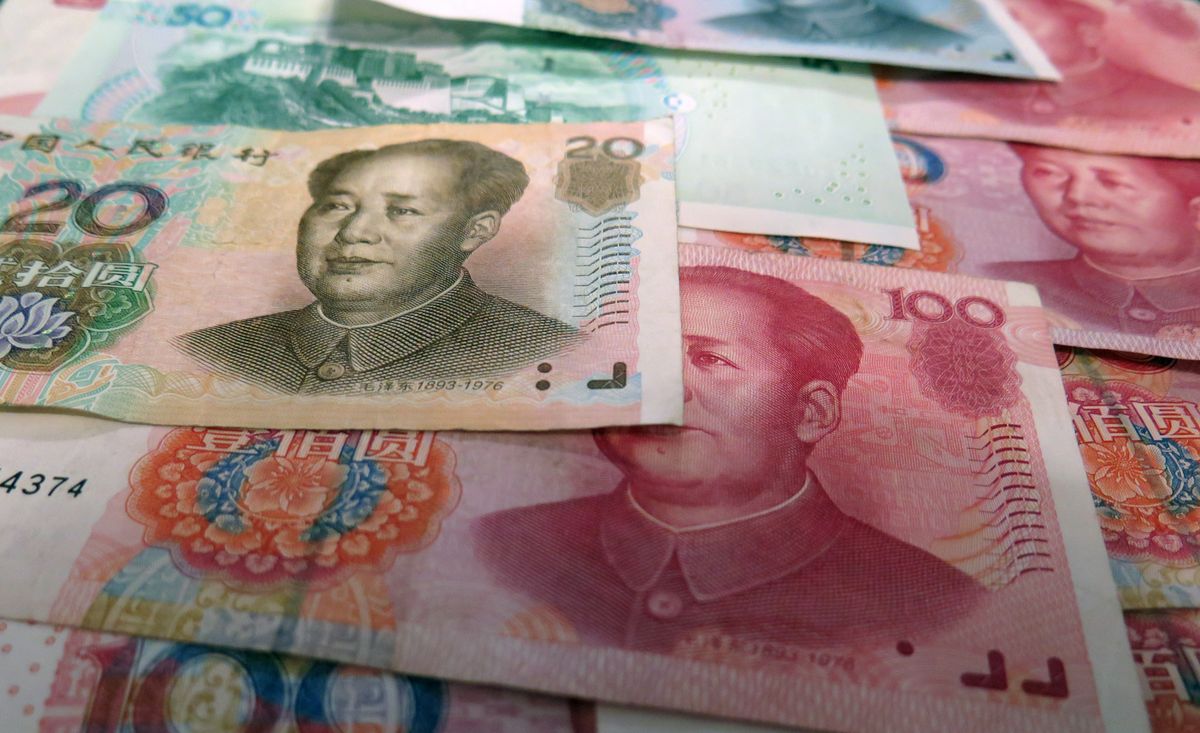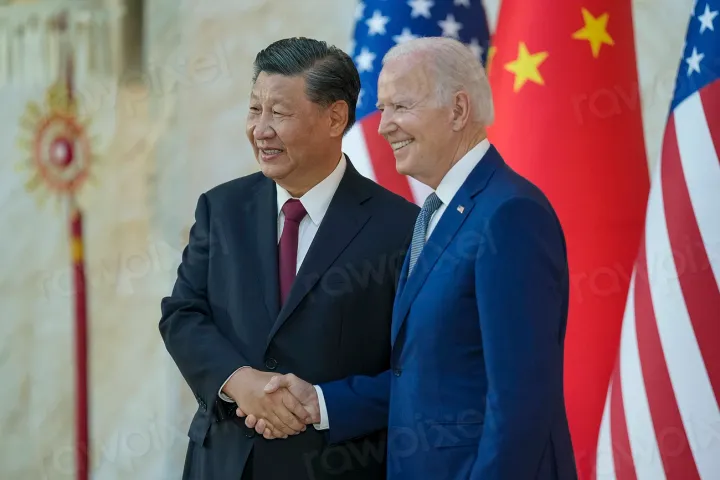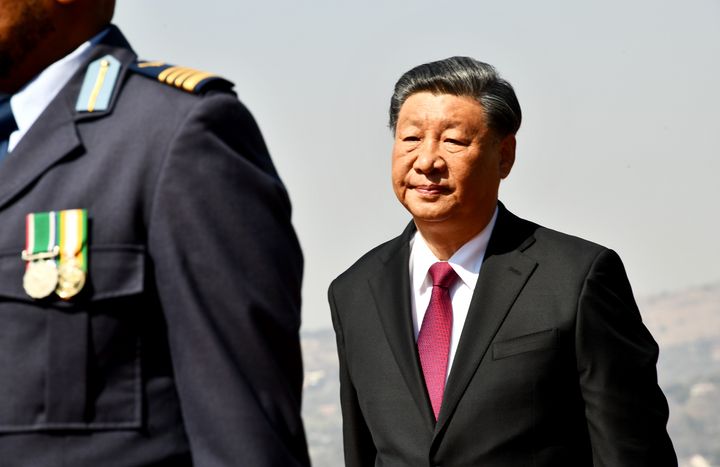Capital Exodus: Foreign Investors Flee Chinese Markets Amid Economic Concerns

The Lede: Investors are swiftly offloading Chinese stocks, exiting the world's second-largest economy at the fastest pace in recent years, even as Beijing tries to boost growth by increasing borrowing for additional spending. Morgan Stanley, a prominent U.S.-based global investment bank and financial services corporation, is cautioning investors against purchasing Chinese stocks during market downturns.
What we know:
- Morgan Stanley strategists have recently noted that foreign investors' exodus from the A-share market has reached an "unprecedented stage." A-shares are stocks denominated in the Chinese yuan and are traded on both the Shanghai Stock Exchange and the Shenzhen Stock Exchange, representing mainland China-based companies, CNN reported.
- According to Bloomberg, the cumulative outflow of $22.1 billion from August 7 until October 19 is the largest in the history of the Stock Connect, the trading links connecting China and Hong Kong.
- China's currency regulator, the State Administration of Foreign Exchange, disclosed last week that domestic banks sold a net $19.4 billion worth of foreign currencies to clients last month, the highest since November 2018 during the peak of U.S.-China trade tensions. Additionally, banks sent a net $53.9 billion overseas for customers, the biggest monthly outflow since January 2016, following a currency depreciation in August 2015, the Business Times reported.
- The growing outflows are causing the yuan to weaken this month in both offshore and onshore trading, causing concern among authorities, who fear it could exacerbate the nation's existing economic difficulties. The currency is now trading at a level that is less than 1% away from the lows it reached earlier in September this year.
The background: Experts believe that a combination of geopolitical tensions, especially with the U.S., China’s economic slowdown, and a lack of continuous effort by the government has led to a recent massive exodus. China's real estate crisis, a sprawling narrative of economic upheaval and social discontent, began with a frenetic rush of construction, as developers piled on massive debt to fuel a property boom. In response to ballooning property prices, the Chinese government imposed strict regulations to curb speculation and limit developer lending, sending shockwaves through the market. Construction ground to a halt, prices wavered, and developers struggled with mounting debt. 2020 signaled the start of trouble with a 2% drop in construction starts, followed by an 11% plunge in 2021. The crisis hit its zenith in 2022, as new construction starts nosedived by a staggering 39%, exposing the depths of the turmoil. The government has implemented a nationwide "de-stocking" policy aimed at addressing oversupply in the property market. This policy includes measures such as reducing the rate of land sales in urban areas and urging developers to lower housing prices in order to stimulate demand. However, the process of absorbing this surplus capacity in the real estate sector is expected to have an adverse impact on China's economic growth, CNN reported.
Growing tensions between China and the United States are also contributing to the capital outflow, experts note. U.S. pressure on global asset managers and venture capital firms investing in China intensified after President Joe Biden's executive order in August limiting U.S. investments in Chinese advanced technology industries. The order encompasses advanced computer chips, microelectronics, quantum information technologies, and artificial intelligence. Its goal is to restrict China's ability to use U.S. investments in its tech companies for military enhancements while maintaining the vital trade relationship between the world’s largest economies.
Some investors have lost trust in the Chinese business environment following the enactment of laws against espionage, police raids on multinational firms, and the incarceration of foreign corporate employees. An inquiry into Foxconn, a well-known Taiwanese company renowned for its production of Apple's iPhones serves as the latest example. The founder and billionaire Terry Gou is running for Taiwan’s presidency.
President Xi and other leaders' appeals for increased economic self-sufficiency have further raised concerns among investors regarding what lies ahead.
Likely outcomes/Takeaway:
- In this landscape, the weakening yuan and the massive capital outflows have become major concerns for Chinese authorities, as they grapple with the delicate task of maintaining economic stability.
- If the trend of foreign investors exiting Chinese markets persists, it could lead to further market volatility, economic uncertainty, and potential currency depreciation. Continued capital outflows may prompt Chinese authorities to implement more stringent controls, impacting investor sentiment and global financial markets.
- Foreign investors may seek alternative investment destinations, while China may need to reevaluate its economic policies to regain investor trust.
Quotables:
- “If the CCP dares to [confiscate Foxconn’s property], which country, investment firm, or company in the world would dare invest in China?” – Terry Gou, Foxconn founder.
- “The supportive steps that would matter involve creating more space for private sector expansion by gradually reducing the economic role of the state. This seems highly unlikely under Xi.” – Derek Scissors, senior fellow at the American Enterprise Institute, as told to CNN.
Good Reads:
Morgan Stanley Warns Against Buying the Dip in Chinese Stocks (Bloomberg)
China’s capital exodus prompts Beijing city to reassure foreign investors who make ‘authentic and compliant’ transactions(The South China Morning Post)
What to Know About China’s Real Estate Crisis (The New York Times)



